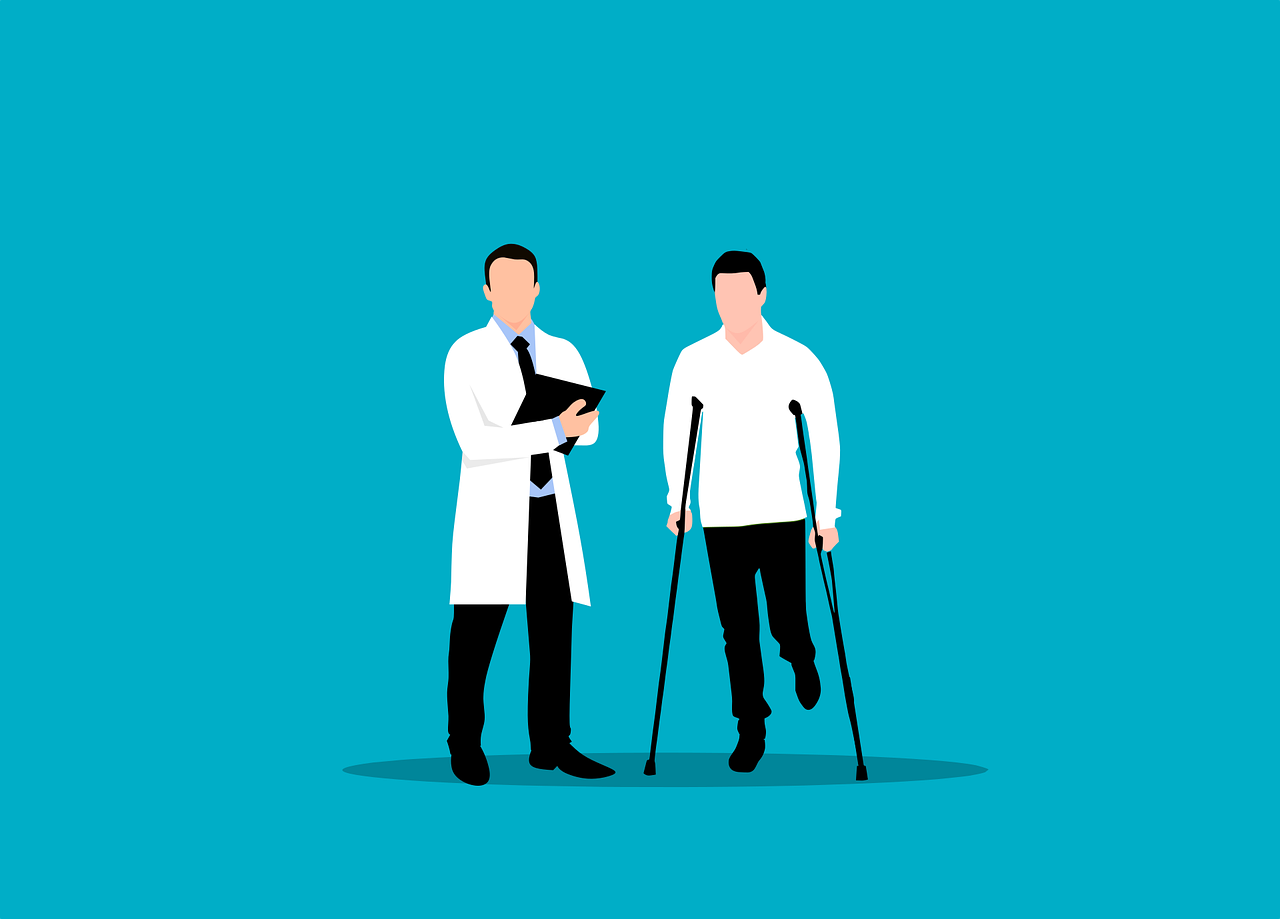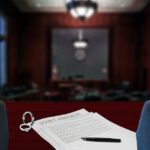Accidents and injuries can happen anywhere, anytime — at work, on the road, or even during a seemingly ordinary day. When they do, understanding how the law applies can help victims seek the justice and compensation they deserve. This article explores some of the most common personal injury scenarios, the legal principles that guide them, and where to turn for trustworthy legal help.
Motor Vehicle Accidents
Motor vehicle accidents are among the most prevalent causes of personal injury claims. Whether involving cars, trucks, or motorcycles, these incidents often result in serious injuries and significant financial losses.
Legal Responsibility in Traffic Collisions
In most jurisdictions, liability is determined based on negligence. This means that if a driver failed to exercise reasonable care — such as by speeding, running a red light, or driving under the influence — they could be held responsible for the accident. Victims can pursue damages for medical bills, lost wages, pain and suffering, and more.
What to Do After an Accident
Immediately following a crash, it’s important to gather evidence, get medical attention, and report the incident to authorities. These steps are crucial not only for your health but also for preserving your right to a legal claim.
Slip and Fall Accidents
Slip and fall incidents are a subset of premises liability cases and can occur in public places, workplaces, or private properties.
Duty of Care in Premises Liability
Property owners and occupiers have a legal obligation to maintain safe environments. If someone slips on a wet floor in a grocery store, for example, and it can be shown that the owner knew (or should have known) about the hazard and failed to address it, the injured party may be entitled to compensation.
Evidence That Strengthens a Claim
Photographs of the scene, witness statements, and medical records can all strengthen a slip and fall case. It’s also important to act quickly, as evidence can disappear and statutes of limitations vary by state.
Workplace Injuries
Injuries on the job range from minor incidents to severe accidents involving heavy machinery or toxic exposure.
Workers’ Compensation vs. Personal Injury Claims
Most workplace injuries are handled through workers’ compensation, a no-fault system that allows employees to receive benefits without proving negligence. However, if a third party (e.g., a contractor or equipment manufacturer) contributed to the injury, a separate personal injury claim may be appropriate.
When to Consult a Lawyer
Workplace injury cases can be complex, especially if an employer disputes the claim or retaliation occurs. In such cases, it’s essential to get professional legal advice. You can get instant justice with free legal advice online to explore your options without delay.
Dog Bites and Animal Attacks
Animal-related injuries, particularly dog bites, are surprisingly common and can lead to both physical and emotional trauma.
Legal Standards for Pet Owner Liability
Many states impose strict liability on pet owners, meaning they are automatically responsible for injuries their animals cause, regardless of prior behavior. In other states, a “one-bite rule” may apply, where the owner is only liable if they knew the dog was likely to bite.
Special Considerations
Victims may face challenges proving the attack or identifying the dog and its owner. Prompt medical care and reporting the incident to animal control can help establish a strong foundation for a claim.
Medical Malpractice
Medical malpractice occurs when a healthcare professional’s negligence leads to a patient’s harm.
Establishing Negligence in Medical Settings
To prove malpractice, it must be shown that the provider owed a duty of care, breached that duty, and caused damages. Common examples include surgical errors, misdiagnoses, and medication mistakes.
Legal Hurdles in Malpractice Cases
Medical malpractice suits often require expert testimony and are subject to stringent procedural requirements. Consulting an experienced attorney early is critical to navigating these cases effectively.
Product Liability
When a defective product causes injury, the manufacturer, distributor, or retailer may be held accountable under product liability law.
Types of Product Defects
- Design Defects: Flaws in the product’s design make it inherently unsafe.
- Manufacturing Defects: Errors during production cause the item to deviate from its intended design.
- Marketing Defects: Inadequate instructions or warnings lead to misuse and injury.
Holding Companies Accountable
Strict liability often applies, meaning the injured person doesn’t have to prove negligence — only that the product was defective and caused harm. Legal professionals with experience in this field can be invaluable.
Assault and Intentional Torts
Unlike accidents, intentional torts such as assault, battery, or false imprisonment involve deliberate acts meant to cause harm.
Criminal vs. Civil Cases
While criminal charges may be filed by the state, victims can also pursue civil claims for financial compensation. These cases are often emotionally charged and legally intricate.
Where Civil Litigation Fits In
Civil claims may allow victims to recover damages not available through the criminal justice system, including emotional distress and punitive damages.
Navigating the Legal System After an Injury
Understanding your rights after an injury is the first step, but navigating the system often requires professional guidance. Whether you’re dealing with an insurance company, filing a claim, or considering a lawsuit, having a skilled advocate can make all the difference.
If you’re in Louisiana, a New Orleans personal injury lawyer can help you evaluate your case, deal with insurers, and pursue full compensation through settlement or trial if necessary.
Additionally, learning about other legal professionals and their qualifications can provide insight into choosing the right representation.
Conclusion
Accidents and injuries are unfortunate, but victims are not without recourse. Whether you’ve been hurt in a car crash, suffered a workplace injury, or experienced harm due to medical negligence, the law provides pathways to justice and recovery. By understanding how the law applies to various injury scenarios and seeking informed legal support, individuals can better protect their rights and secure the compensation they deserve.





